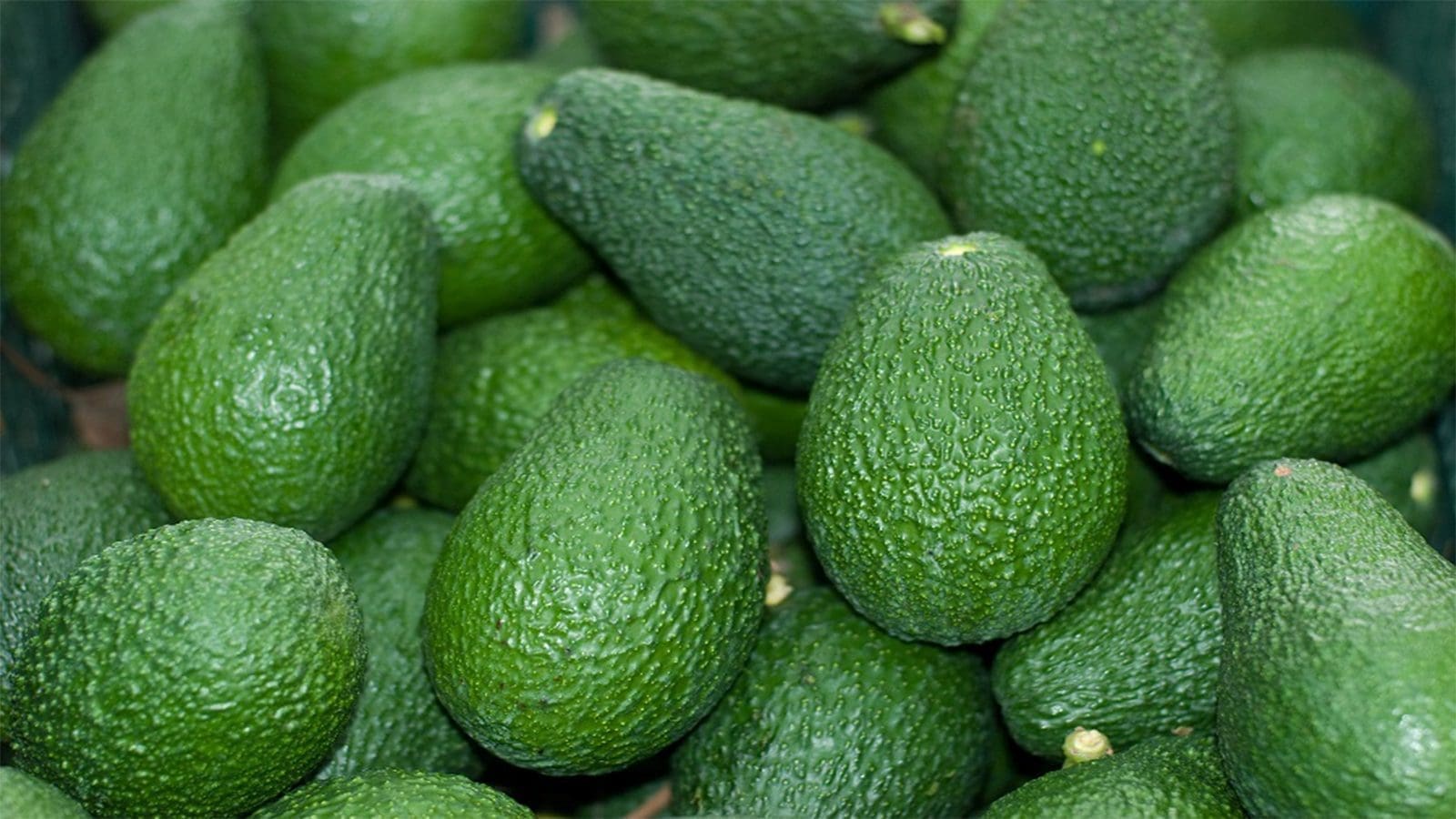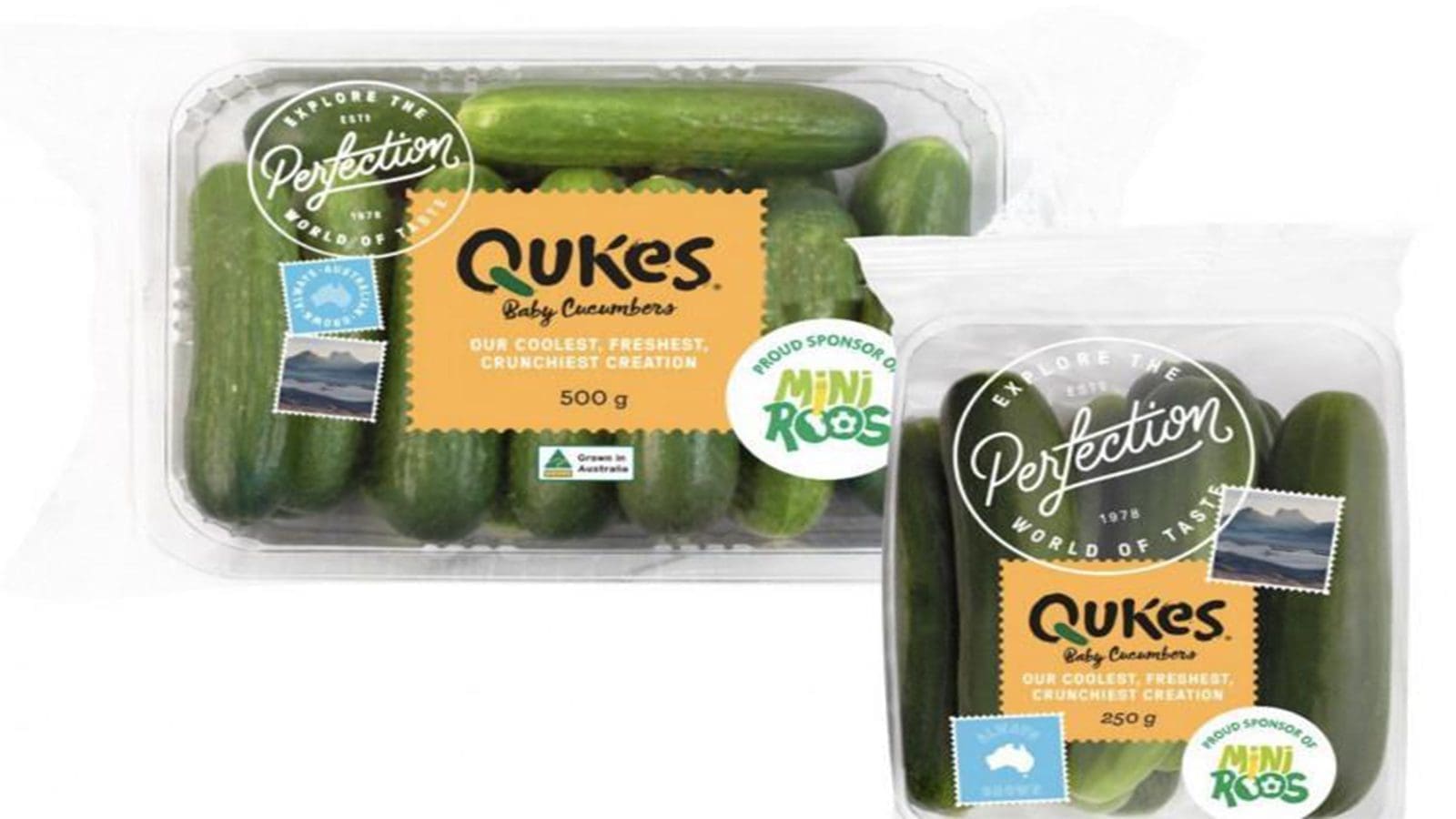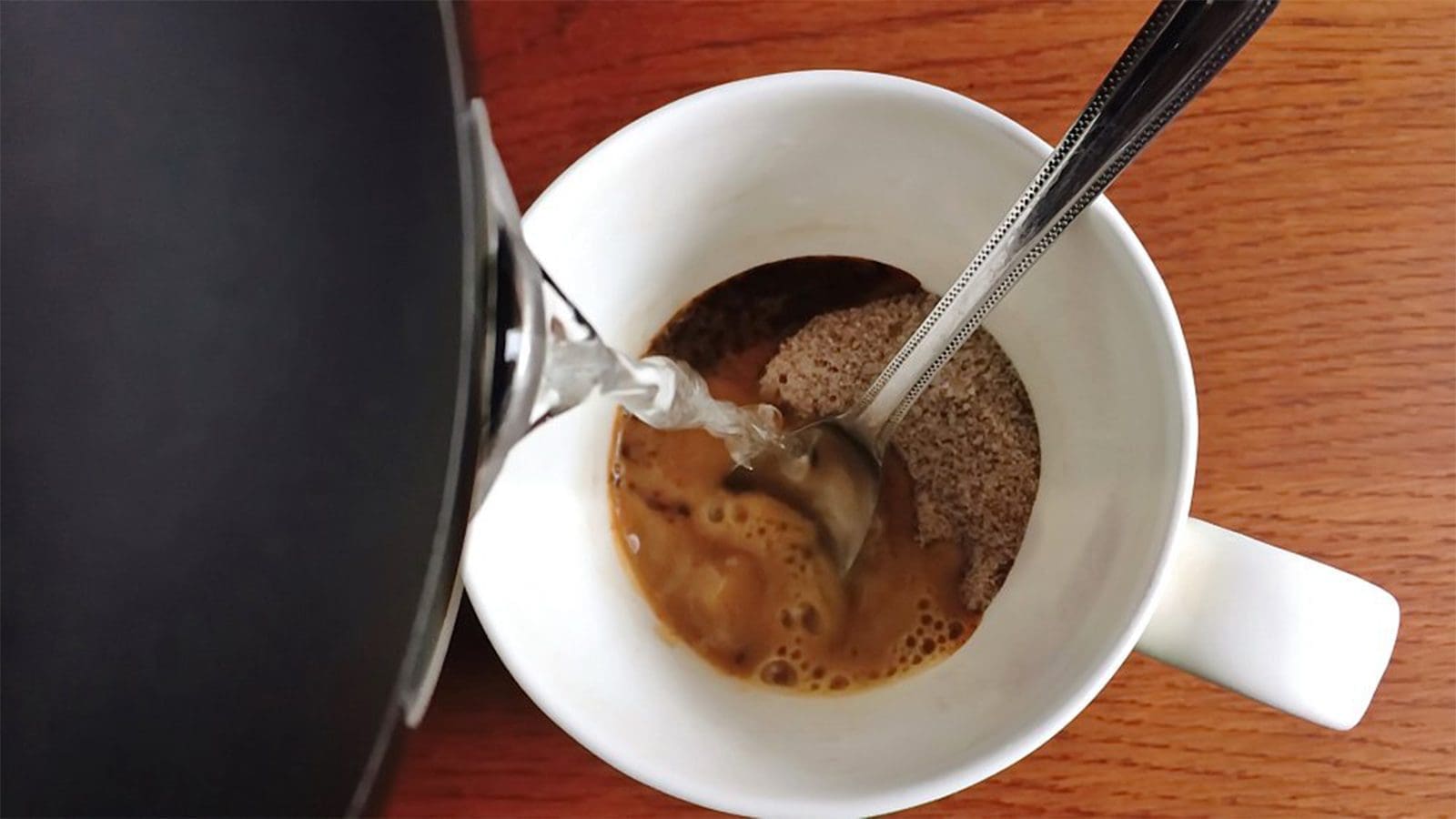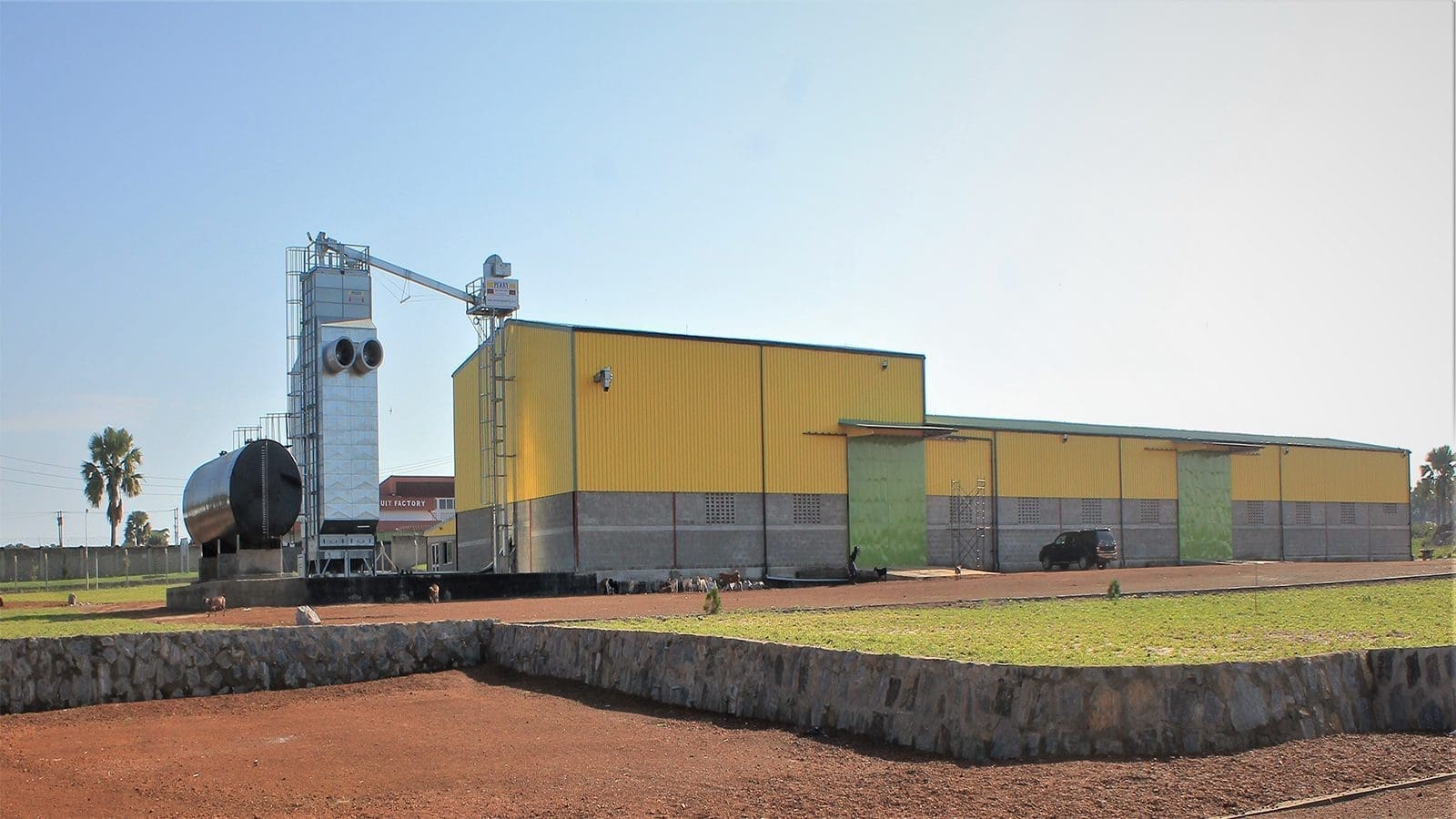KENYA – Kenya’s Agriculture and Food Authority (AFA) has reviewed the country’s avocado maturity indices and post-harvest handling process to safeguard the export market as global demand for the fruit surges.
According to the new regulations, Kenya will now only export fruits that have a minimum of 24 per cent dry matter, as opposed to the the current 20 percent and 21 percent for Fuerte and Hass varieties respectively.
“This is meant to improve fruit quality aspects in line with global market requirements, safeguard and enhance Kenya’s competitiveness in the export arena,” said Benjamin Tito, Director of Horticulture Crops Directorate, AFA.
Dry matter is the solid content of the fruit. As an avocado grows, its dry matter content also increases and this can be used to gauge its maturity. Development of the fruit can also be tracked by the increase in the oil content.
Despite Kenya being a major avocado exporter, the country has faced many complaints in the past over the quality of fruits exported to the European Union and the United Arab Emirates, because farmers harvested and exported immature fruits, particularly during the off season.
To deal with the problem, the AFA initially placed ban on export of Fuerte and Hass avocado varieties on November 15, 2021 and declared an indefinite ban in January this year.
The country’s avocado export window was only re-opened in March after a four-month ban. Export of the popular Fuerte and Hass varieties resumed on March 4 and March 18 respectively.
In February this year, China which had initially in 2019 only allowed the fruit in its frozen form, approved fresh avocado exports from Kenya.
This was after a successful completion of the rigorous Pest Risk Analysis carried out by Kenya Plant Health Inspectorate Service (KEPHIS) and the National Plant Protection Organization of China which identified quarantine pests of concern to China which should be controlled before export opening was granted.
According to KEPHIS, all the fresh avocado fruits must comply with all applicable Chinese phytosanitary (plant health) laws and regulations, health and safety standards and be free from any quarantine pests of concern to China.
Avocado has been a major contributor of the earnings in the horticulture sector, raking in nearly half of the total returns from fruits. Kenya’s avocado market in the Middle East was hit in 2018 following the export of immature crop to that continent.
The price of avocado to Dubai dropped by almost half in 2018 as exports of immature crop hit the value of the produce to that market.
The HCD indicated that the price of a unit of avocado dropped from Ksh945 (USD 8.23) previously to Ksh 432 (USD 3.80) in that year.
The decline resulted from immature avocados that were being exported to Dubai by unscrupulous businessmen following high demand of fruit in the world market.
In 2021, Kenya earned about USD124 million from avocados, a figure expected to rise to USD155 million this year, according to the AFA.
Liked this article? Subscribe to Food Safety Africa News, our regular email newsletters with the latest news insights from Africa and the World’s food safety, quality and compliance. SUBSCRIBE HERE








